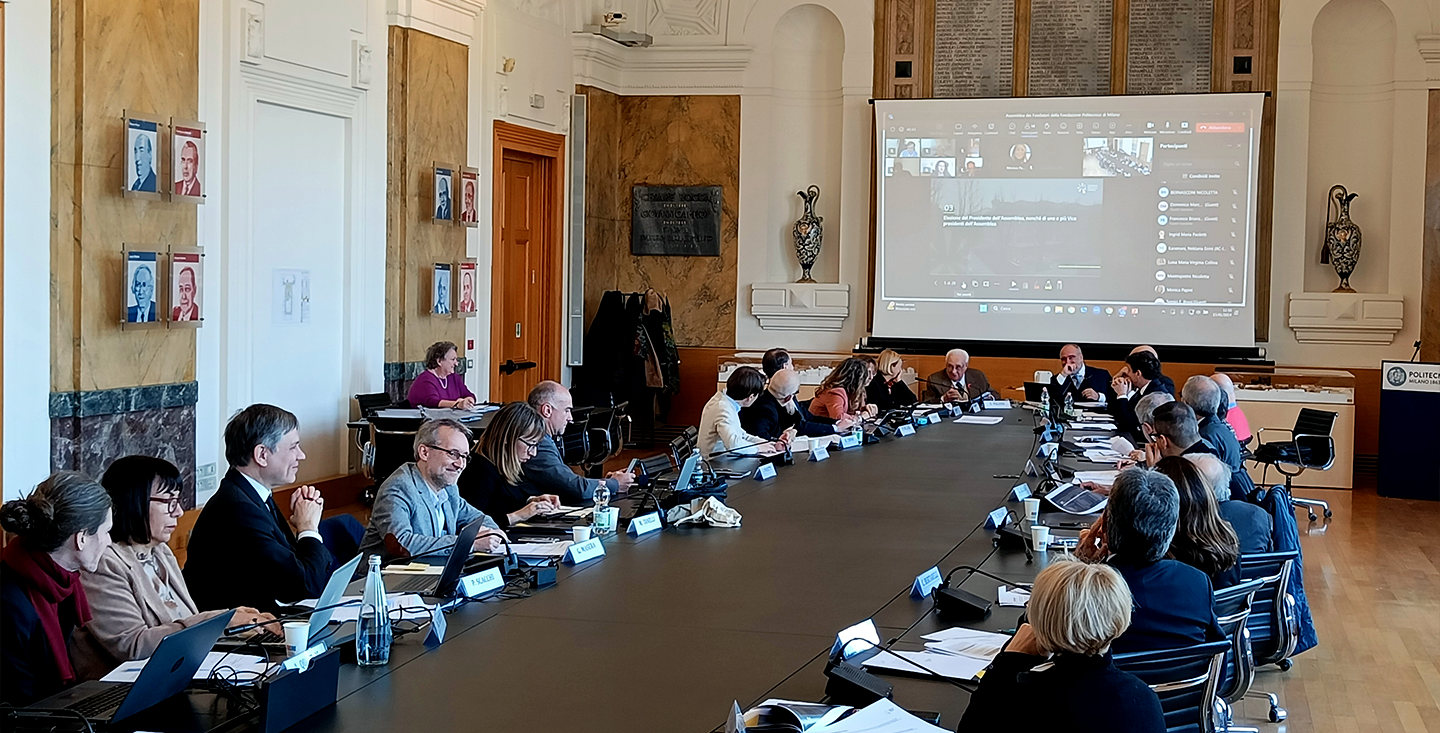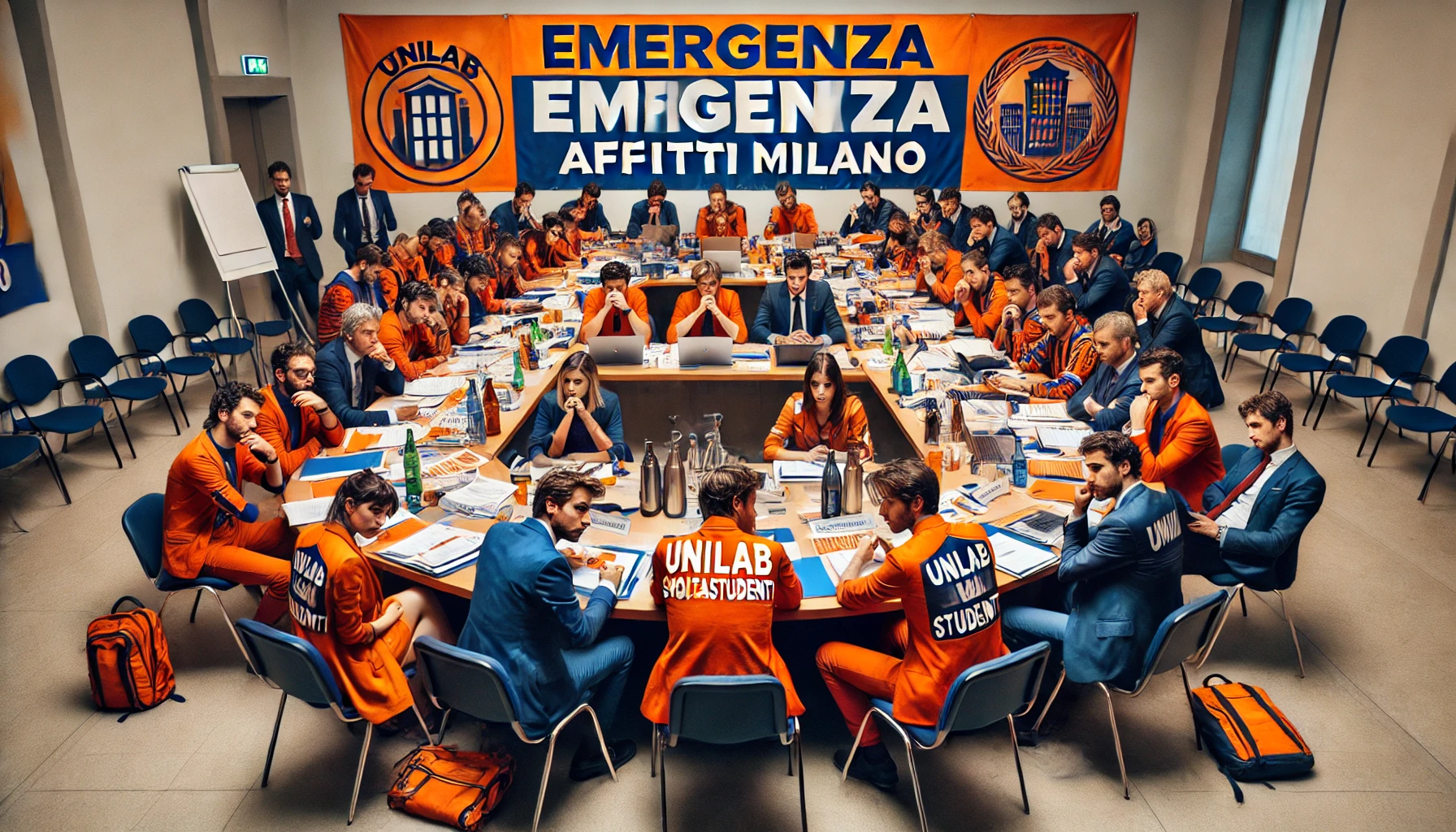Since the first weeks of this new academic year, the reorganization of the library system of the Milan Leonardo campus has hardly gone unnoticed.
Difficult situation to understand even by us new representatives, as the operations had been decided before our election and the competent manager immediately moved to another university, leaving the University Library Services Area uncovered.
On Thursday afternoon one of our representatives, Alessandro De Iasio, met the new interim manager Chiara Pesenti to ask her for clarification on the matter. Below is what has been said.
The underlying principle of the reorganization was to centralize library services to optimize costs.
In this regard, the BCL (Biblioteca Centrale Leonardo) was created, which collected the books of the entire Leonardo area. Parallemente, the chemistry library has been transformed into a space for doctoral students, the architecture library has become the new BCL, the engineering library has only undergone the movement of books, the small spaces at its disposal will be used as a museum space. The mathematics room will become a study room until the date of its demolition scheduled for next April.
The latter will be equipped with electrified tables on both levels, with a significant increase in the number of seats, since there are no more shelves with books. We are talking to the management to ask for opening hours compatible with the needs of us students in the periods close to the session.
During the next week, Monday probably, it will be open to the public.
The exception is the nuclear library, which has not been closed for organizational reasons and incompatibility between campuses. The part of ''energy'' is now in Bovisa and it was therefore preferred to leave it unchanged in order to avoid complications.
The new BCL has also been implemented, increasing the number of electrified seats on the ground floor by about 40 units. We were also told about a project to improve the spaces in the basement, following the initial project of Giò Ponti. An increase in the number of seats and improvement of the general atmosphere through natural lighting and interior renovation.
The works for these last interventions will be carried out compatibly with the needs of the students, trying not to close the library for too long periods. We also asked for an optimization of the air conditioning/heating system of the building.
On this issue, we are moving, coordinating with the other lists, also for an improvement and implementation of the study spaces of the university. Updates will follow soon.




